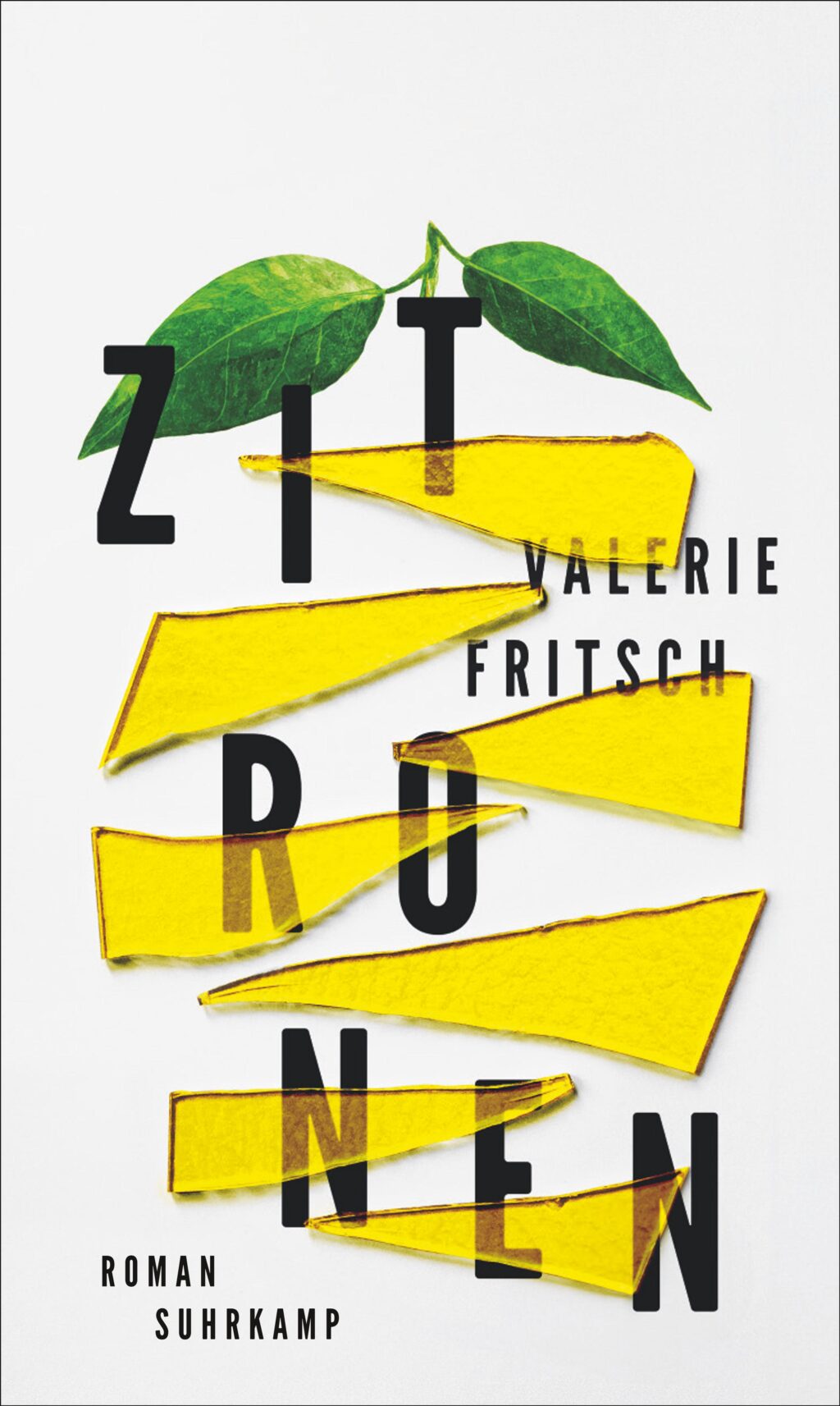review
‘Lemons’ is an intriguing and deftly handled exploration of coercive control within a parent-child relationship, reminding us how relationship patterns can repeat through the generations.
August Drach grows up in a remote village with few inhabitants, where everyone knows everyone. His early years are marred by his violent father, who is affectionate only towards the dogs. Lilly, his mother, seems to show love predominantly when comforting August after his father’s rages. After the father disappears, Lilly only finds energy when August falls ill. She tends suffocatingly to his every need, and is disappointed when he begins to recover. Secretly, she begins to mix medication into his food to make him weak again. She also falsifies medical documents, creating a new medical history for him with a plethora of unexplained ailments. The doctor visits daily, mystified by August’s condition, and gradually develops a romantic relationship with Lilly.
One summer, Otto invites Lilly and August to join him at his summer home by the sea, where, because Lilly misplaces her handbag containing the medication, August steadily improves. On their return home, he relapses, and Otto discovers the forged prescriptions. He is shocked but says nothing, choosing the happiness he has found with Lilly over all else.
In the next section, August is a young man and has escaped his mother’s clutches. We discover that, shortly after his seventeenth birthday, he was struck by lightning in the garden, and the subsequent hospital treatment allowed him to recover from the drugging. On his release from hospital, Otto found him an apartment in the city, to rescue him from Lilly. Taking odd jobs, initially in a morgue and then as a barman, August carries an anger he does not understand, caused by confusion over his childhood sicknesses. He meets Ava, falls in love and marries her. But the impact of the coercive ‘love’ he was shown as a child encroaches more and more on their relationship. Their connection turns toxic and Ava leaves him.
When August decides to return home, Otto is dead and Lily has cancer. In a role reversal, August cares for his mother, but continues to resent her for not having protected him from his father. In the closing scene, he watches his mother mix tablets into the dog’s food, finally understands what she did to him, and shoots her.
Valerie Fritsch’s writing is vividly imaginative, encapsulating the light and dark sides of life, from the joyful to the macabre, and evocatively depicting places and people, life cycles, and the relationships between human beings.
Rights sold: Sweden, Faethon
Find out more here: https://www.suhrkamp.de/rights/book/valerie-fritsch-lemon-fr-9783518431726




All recommendations from Spring 2024